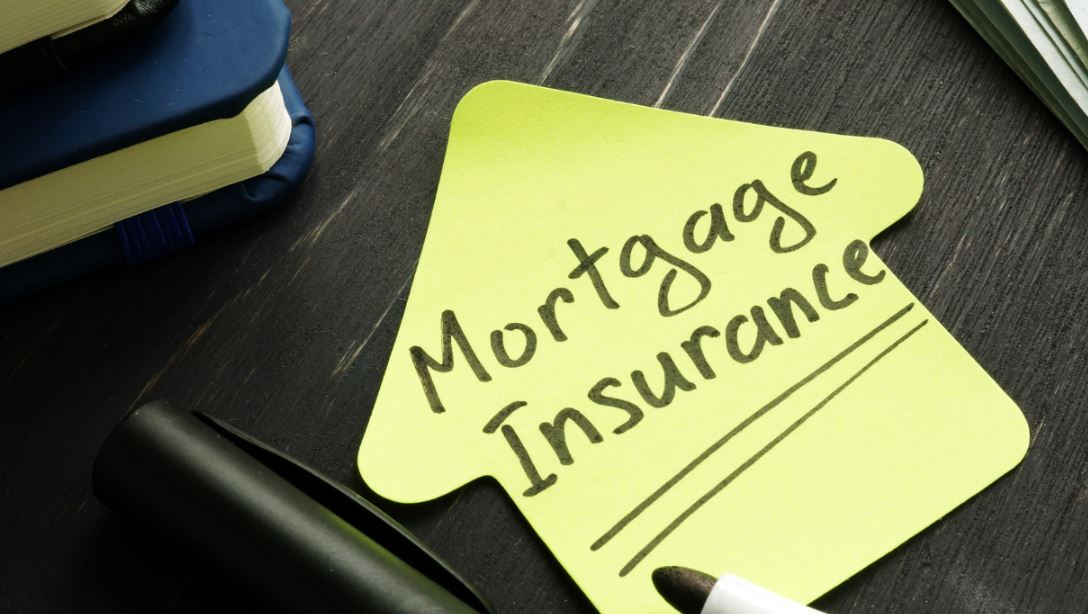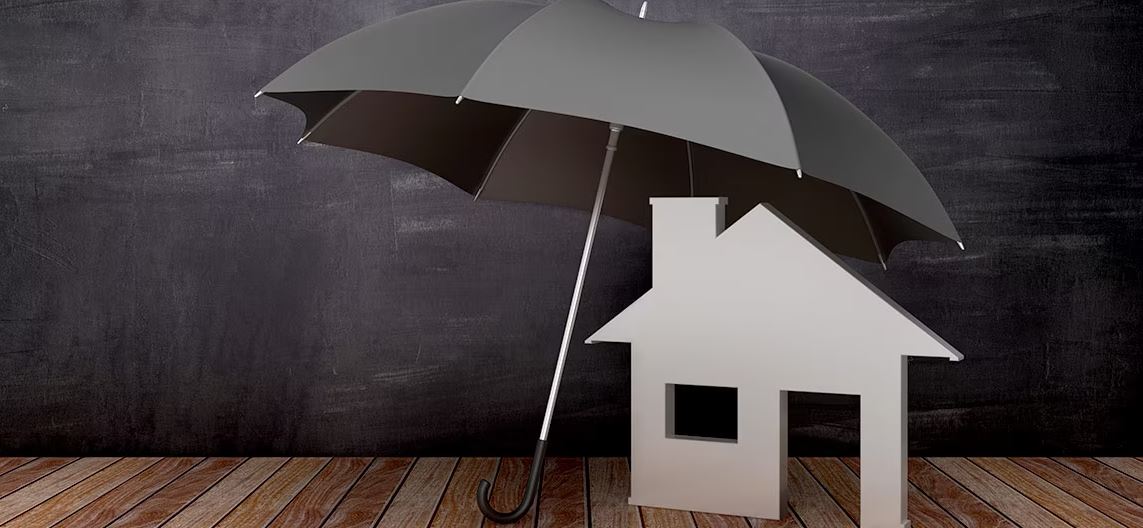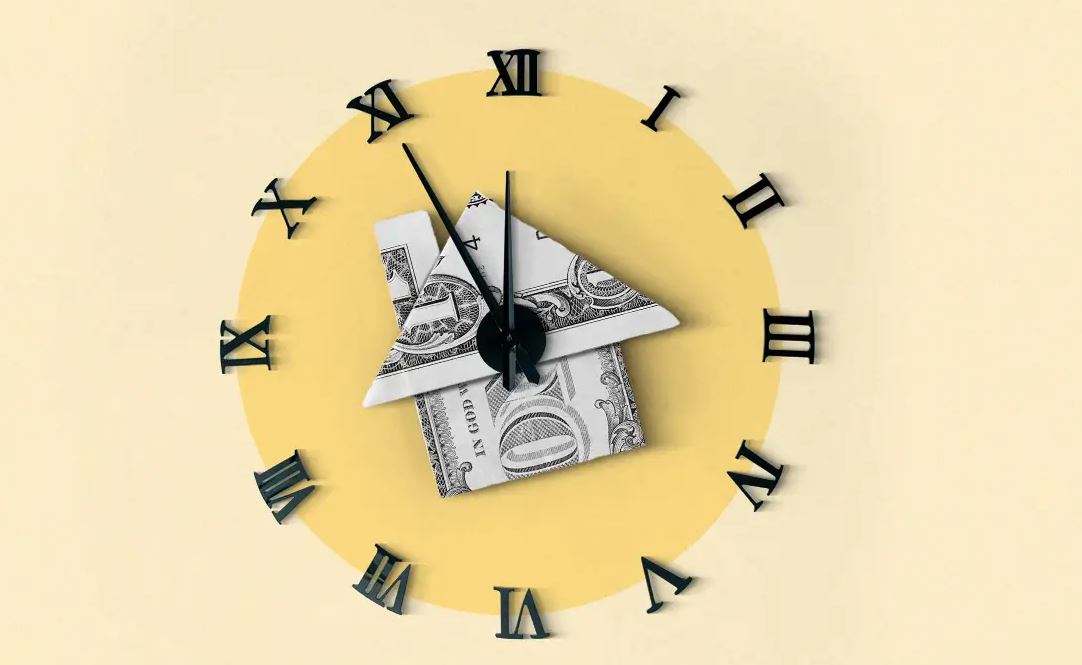One of the most important financial decisions a person can make is purchasing a home. For the majority of people, a mortgage is the only way to make this purchase, and mortgage insurance is frequently needed. In order to safeguard their money and make educated decisions, buyers must have a thorough understanding of mortgage insurance. Everything you need to know about mortgage insurance will be covered in this book, including its definition, its operation, and the reasons home buyers need it.
What is Mortgage Insurance?
One kind of insurance coverage intended to shield lenders from the danger of borrower default is mortgage insurance. It guarantees that in the event that the borrower is unable to make the required mortgage payments, the lender will be paid. It enables purchasers to make a smaller down payment on a property.

Types of Mortgage Insurance
Private mortgage insurance (PMI) and mortgage insurance premiums (MIP) are the two primary categories of mortgage insurance.
Private Mortgage Insurance (PMI):
- Usually need for conventional loans with less than a 20% down payment.
- When a buyer owns 20% of the property, PMI might be cancelled.
Mortgage Insurance Premiums (MIP):
- Required for all FHA loans, including those with a small down payment.
- Consists of an annual premium that is non-refundable unless specific circumstances are met as well as an upfront premium.
Why Mortgage Insurance is Important for Homebuyers
In the process of purchasing a property, mortgage insurance is essential. It makes homeownership more accessible by enabling borrowers to get loans with smaller down payments. The following justifies the significance of this insurance:
Lower Down Payments
Reduced down payment requirements for house purchases are one of the main advantages of this insurance for purchasers. It can be difficult for many first-time homeowners to save up 20% of the cost of the property. With this insurance, they can purchase a home with as little as three to five percent down, which accelerates the time to home ownership.
Increased Borrowing Power
Lenders are more likely to accept loans for home buyers with smaller down payments when mortgage insurance is present. With this, purchasers may be able to afford a more expensive property than they normally could have been able to without the greater borrowing capacity.
Protection for Lenders
Through the reduction of the risk involved with low down payment loans, it shields lenders. Lenders are more inclined to provide competitive interest rates and loan terms to home buyers who might not have a sizable down payment because of this protection.
Cost of Mortgage Insurance
The type of loan, the amount of the down payment, the total loan amount, and the borrower’s credit score are some of the variables that affect the cost . A closer look at how these variables impact the price is provided below:
Factors Affecting PMI Costs
Down Payment
The PMI rate decreases with increasing down payment.
Loan Amount
PMI fees are often greater for larger loan amounts.
Credit Score:
Higher credit score borrowers usually pay lower PMI rates.
Loan Term
Higher PMI payments may result from longer loan terms.
Factors Affecting MIP Costs
Loan Term
MIP rates are lower for FHA loans with periods of 15 years or less.
Loan Amount
MIP rates are lower for loans with smaller sums.
Down Payment
The MIP rate can be lowered with a down payment of 5% or greater.
How to Avoid Mortgage Insurance
Although many home buyers find this insurance advantageous, some would rather not have it. Here are a few methods to steer clear :
Save for a Larger Down Payment
Making a 20% down payment is one of the easiest methods to avoid mortgage insurance. By lowering the loan amount and doing away with the requirement for PMI on conventional loans, this strategy may lead to improved lending conditions.
Piggyback Loans
To avoid PMI, a piggyback loan entails taking out two loans at the same time. A buyer of a house might, for instance, take out an 80% first mortgage and a 10% second mortgage, using the latter to partially fund the down payment. Because the first mortgage only represents 80% of the home’s value, this structure does away with the requirement for PMI.
Lender-Paid Mortgage Insurance (LPMI)
With LPMI, which certain lenders provide, the lender pays the PMI in return for a little higher loan interest rate. For buyers who would rather have larger monthly payments without paying for separate PMI, this strategy may be advantageous.
VA Loans
VA loans, which do not require this insurance, may be available to veterans and active-duty military personnel. VA loans don’t require PMI or MIP and have attractive terms and competitive interest rates.

How to Get the Best Deal on Mortgage Insurance
Home buyers should take into account the following advice to obtain the finest policy possible:
Shop Around
The rules and rates of vary throughout lenders. To get the greatest deal, purchasers should evaluate offers from several lenders.
Improve Your Credit Score
Mortgage insurance prices may be reduced by a higher credit score. In order to get better terms on a mortgage, prospective homeowners should try to raise their credit score before applying.
Negotiate with Lenders
Particularly if you have a solid credit history, some lenders could be open to negotiating terms. When you’re talking about your mortgage alternatives, don’t be afraid to ask for better terms or rates.
Conclusion
Knowing about this insurance is essential for all prospective homeowners. It shields lenders from loss and gives you access to better loan terms, allowing you to buy a property with a less down payment. But there are additional expenses and limitations that need to be taken into account. The ideal plan for you can be found by comparing rates, raising your credit score, and looking at other loan possibilities.



